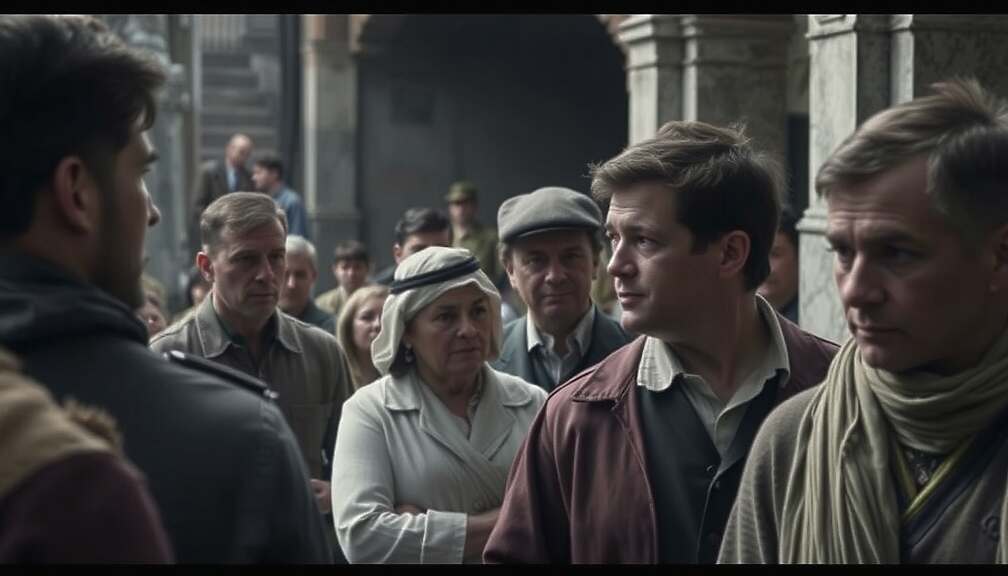The integration of former soldiers from the National People’s Army (NVA) into the Bundeswehr, a program undertaken decades ago, is being revisited as Germany marks the 70th anniversary of its armed forces. Rainer Eppelmann, the last defense minister of the German Democratic Republic (GDR) and a member of the Christian Democratic Union (CDU), has lauded the initiative, praising the absorption of 15,000 former NVA personnel as a remarkable achievement.
Speaking to the Redaktionsnetzwerk Deutschland, Eppelmann highlighted the precarious geopolitical climate of the time, emphasizing that the program averted a potential armed conflict. He stated that a signal from either Moscow or Washington just one year prior could have triggered a devastating confrontation between the Bundeswehr and the NVA, then considered adversaries.
Eppelmann’s assessment, while celebratory, also carries a layer of critical reflection. He frames the integration as a demonstration of a uniquely German approach to reconciliation, suggesting that such engagement is a prerequisite for a peaceful global order. However, the program’s legacy is complex. While presented as a gesture of unity and a rejection of Cold War animosity, it also brought with it the challenge of reconciling individuals indoctrinated within a fundamentally different political system into a democratic military structure. Questions persist concerning the potential for lingering ideological divides and the extent to which the integration process truly fostered a unified sense of purpose within the Bundeswehr at the time. The current context of renewed geopolitical tensions and the shadow of the ongoing conflict in Ukraine, further compels a re-examination of this historical example of cross-ideological integration and its relevance to contemporary strategies of de-escalation and diplomacy.












